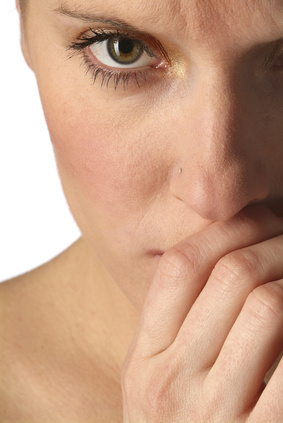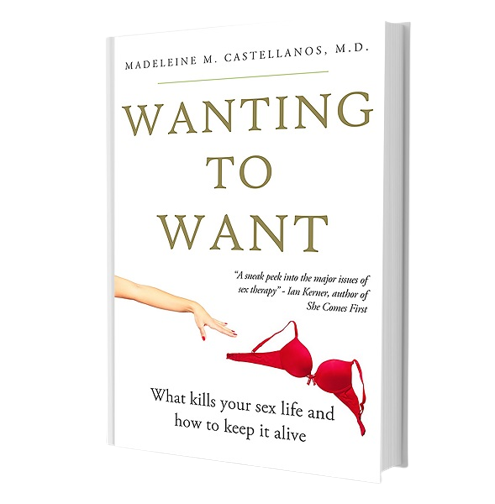Do Women Need Testosterone

Perhaps you feel that you no longer have any interest in sex or sexual pleasure as you used to in the past? Maybe your brain is cooperating, but you feel that you body has jumped ship because your clitoris is just not as sensitive as it used to be or it may even be painful to stimulate? Many women have experienced a decrease in sexual pleasure and desire because of the effects of lowered testosterone, and my question here today is do women need testosterone?
There is no exact level of testosterone that correlates with good sexual functioning and appropriate levels of sexual desire. Instead, doctors go by a normal range in men that is known to decline in men as they age. Women also produce testosterone from both their ovaries and their adrenal glands. In women, testosterone is present in about one tenth of the amount usually found in men. Since testosterone maintains erectile tissue and part of a person’s desire for sex, it helps support the clitoris and it’s adjoining erectile tissue as well as a woman’s libido. As a woman ages, her ovaries gradually decrease production of both estrogen and testosterone and almost completely stop at menopause. If a woman has her ovaries removed, the decline in hormones is abrupt and more drastic.
Women may find that they have lost sensation in their clitoris compared to what it used to be. Also, they may find that it becomes difficult to lubricate when they are sexually aroused, even after considerable amount of stimulation or even orgasm. The glands which produce this lubrication that surround the opening of the vagina can also become easily irritated as the tissues there become frail due to the lack of support from testosterone. Testosterone is also responsible for helping maintain muscle mass as well as aids in the production of red blood cells.
If a woman is experiencing any of these symptoms as well as a significant change in her level of sexual desire, she may benefit from having some testosterone replacement. Currently, testosterone is not FDA approved for use in women without the use of estrogen. This means if your doctor decides that testosterone replacement might be of benefit to you, you would have to use a product off-label which usually means using a testosterone gel at one tenth of the dose given to men. Another option is to have your doctor work closely with a compounding pharmacy as I do with my patients. Since there is the potential for side effects, this must be done under the supervision of an MD and monitored carefully.
But even some women who are far from reaching menopause may have difficulty with low testosterone. The most common cause of this in today’s society is hormonal birth control. This includes the pill, cervical rings, injections, and hormone-coated IUDs. All of these raise the level of protein that attaches to estrogen and testosterone, leaving less of the free hormone to circulate and have its effect on the tissues of the body. Since testosterone is bound very tightly to this protein, even a small increase in the protein’s production can drop the level of free testosterone (bioavailable testosterone) to problematic levels.
The effects can be so dramatic for some women that they may develop vulvodynia, which is pain at the entrance of the vagina and surrounding tissues. Oftentimes, doctors may advise women to find an alternate method of birth control that does not include hormones so that levels may return back to normal. In some cases, however, it may take years to correct itself and more intense treatment is needed. Regular exercise, 7-8 hours of good quality sleep nightly, not having excess fat tissue, eliminating chronic stress, and having a good diet rich in zinc are all natural ways to increase testosterone.
Dr. Castellanos is a psychiatrist specializing in sex therapy for over 25 years, including treatment with bio-identical hormones, and functional medicine consultations. You can follow her on Instagram at thesexmd, Facebook at The Sex MD, and X at @DrCastellanos.









